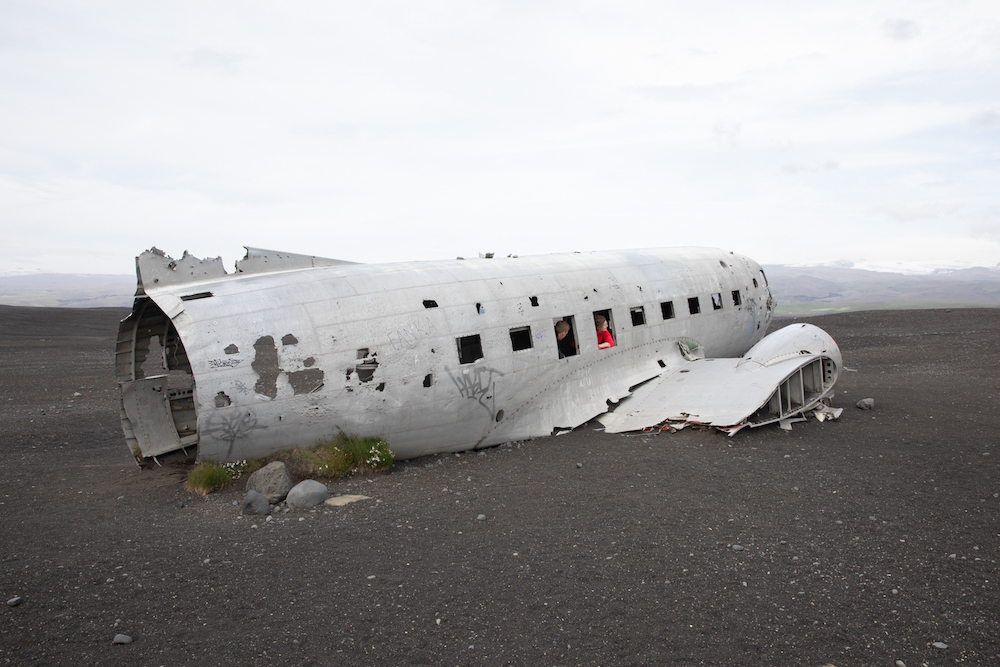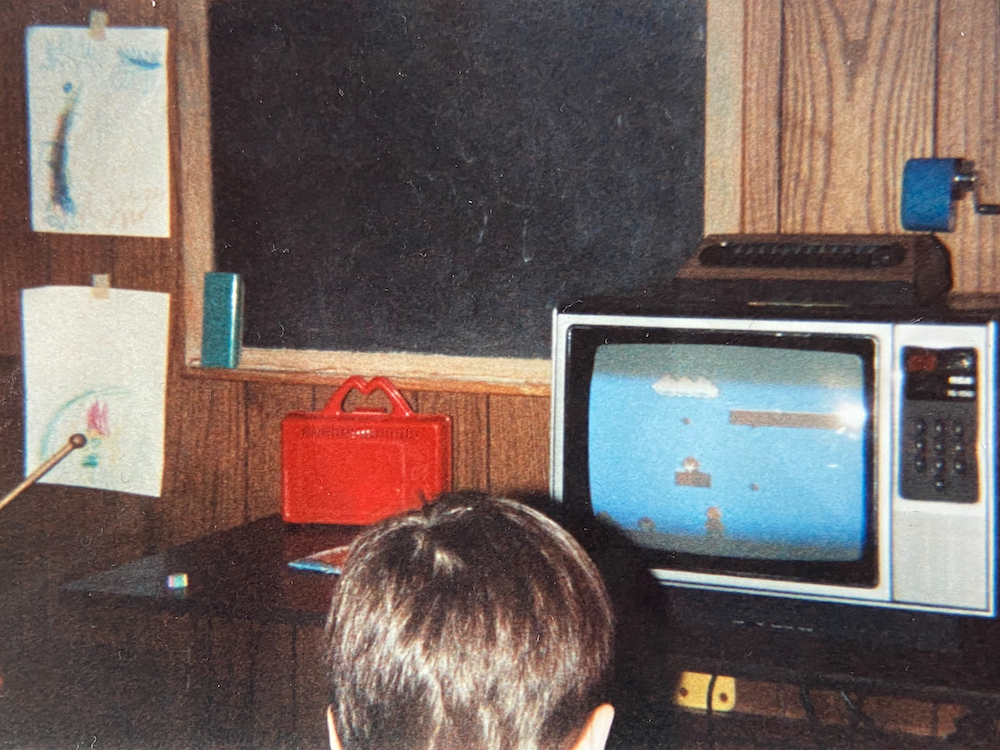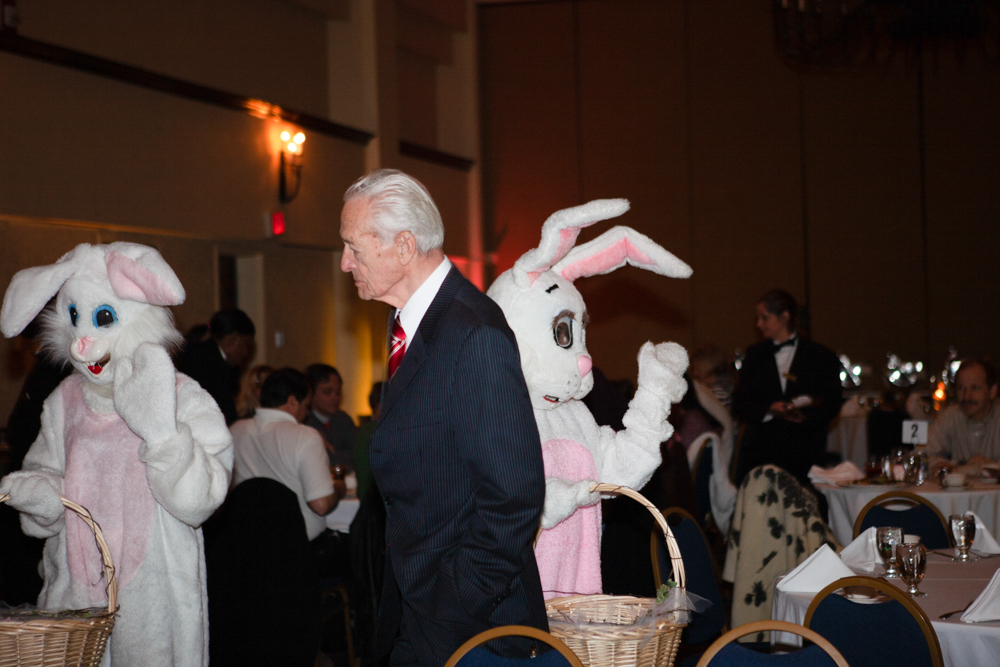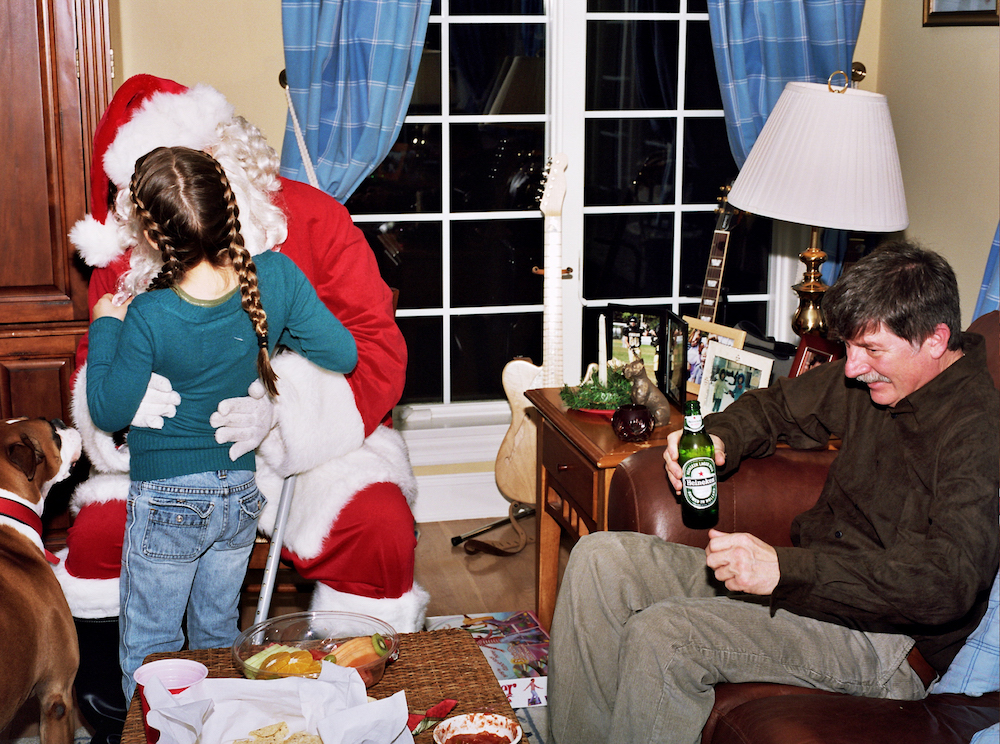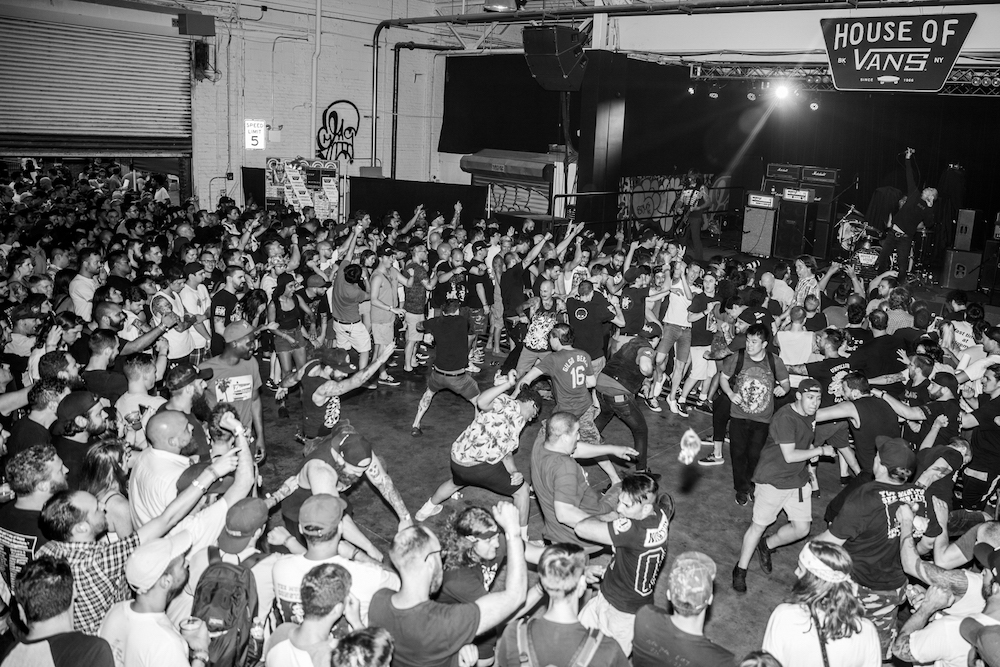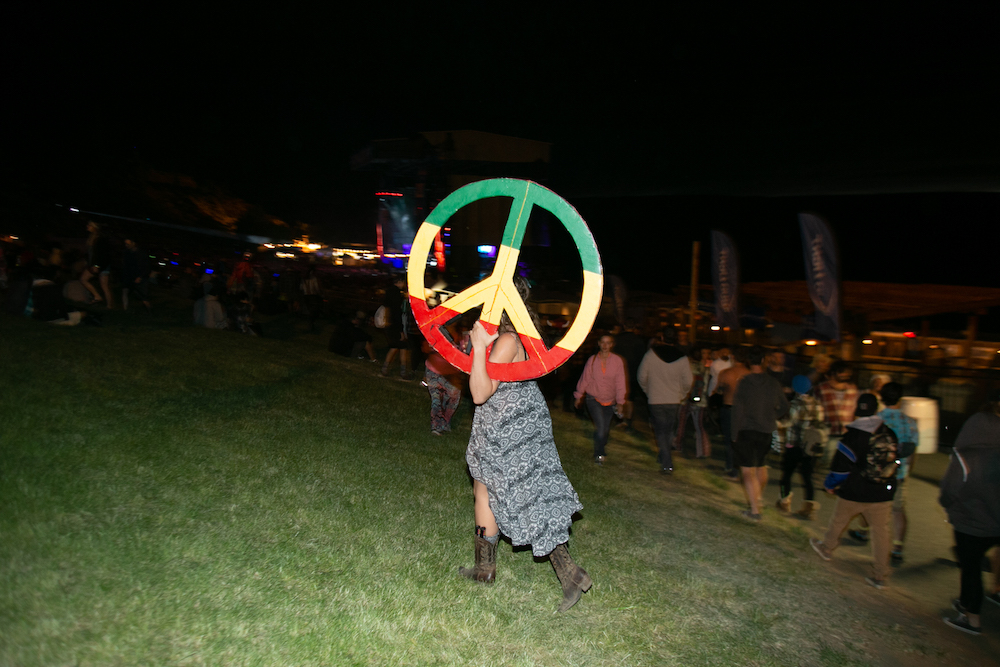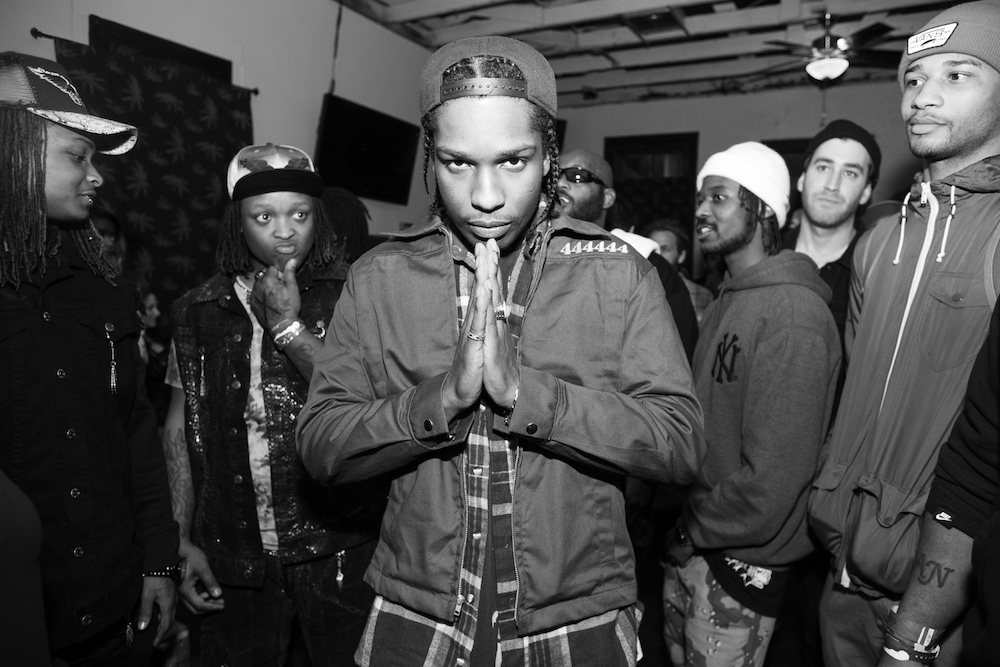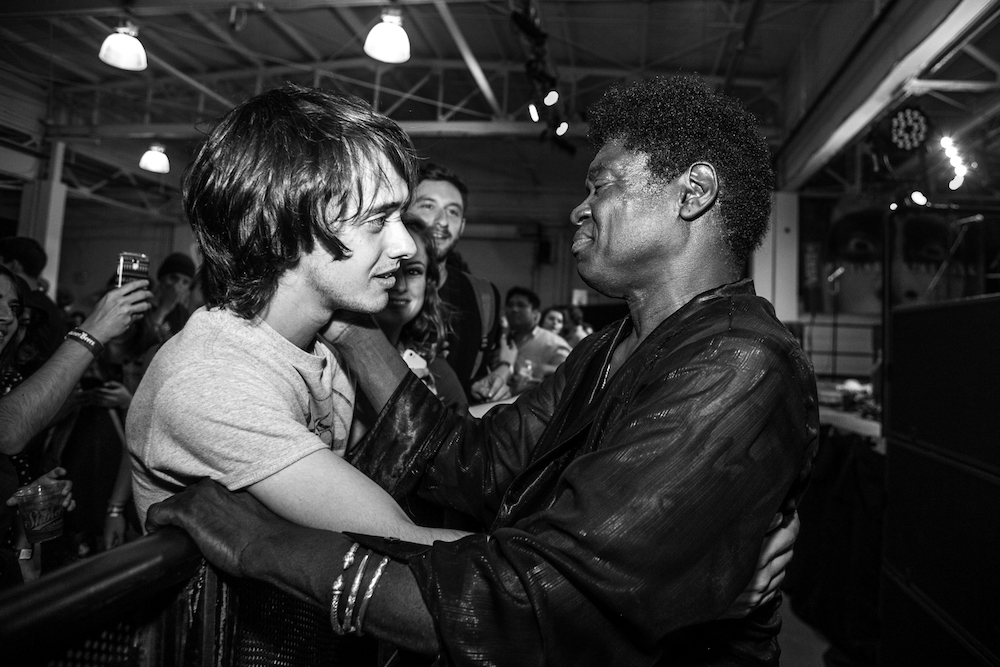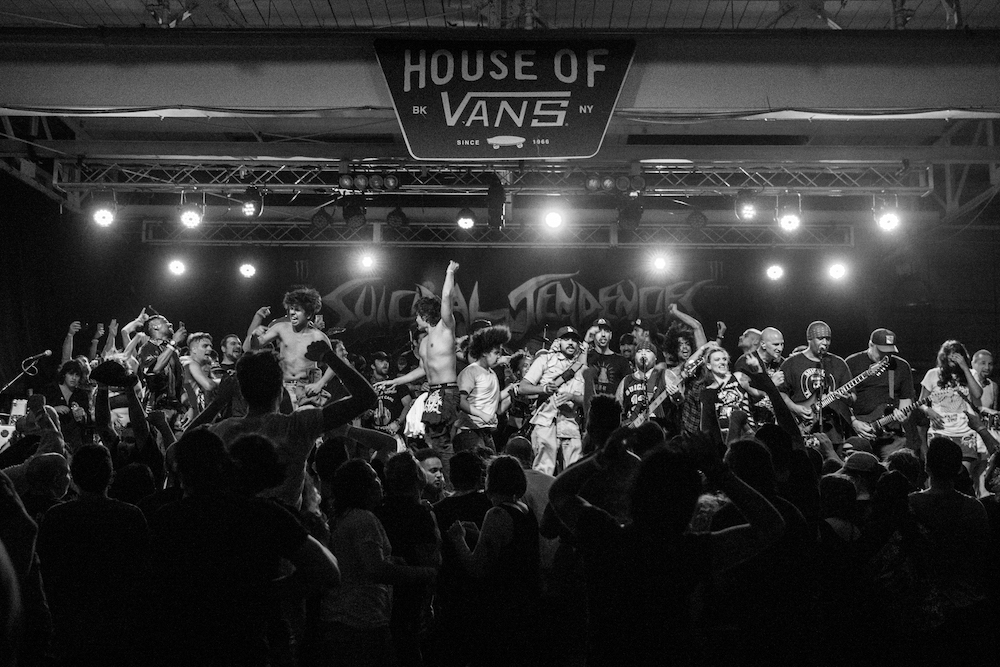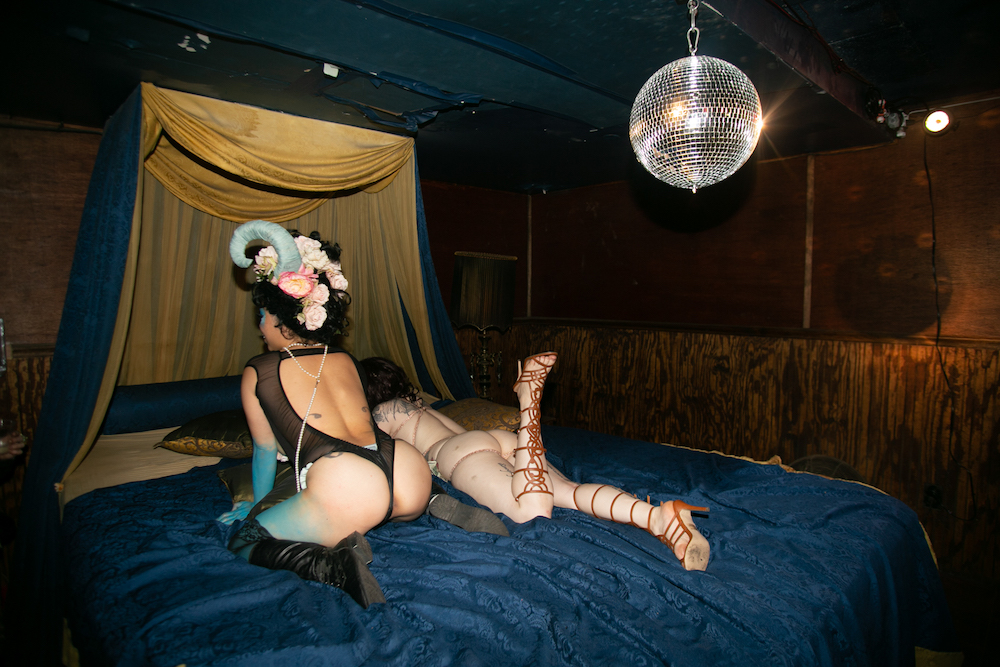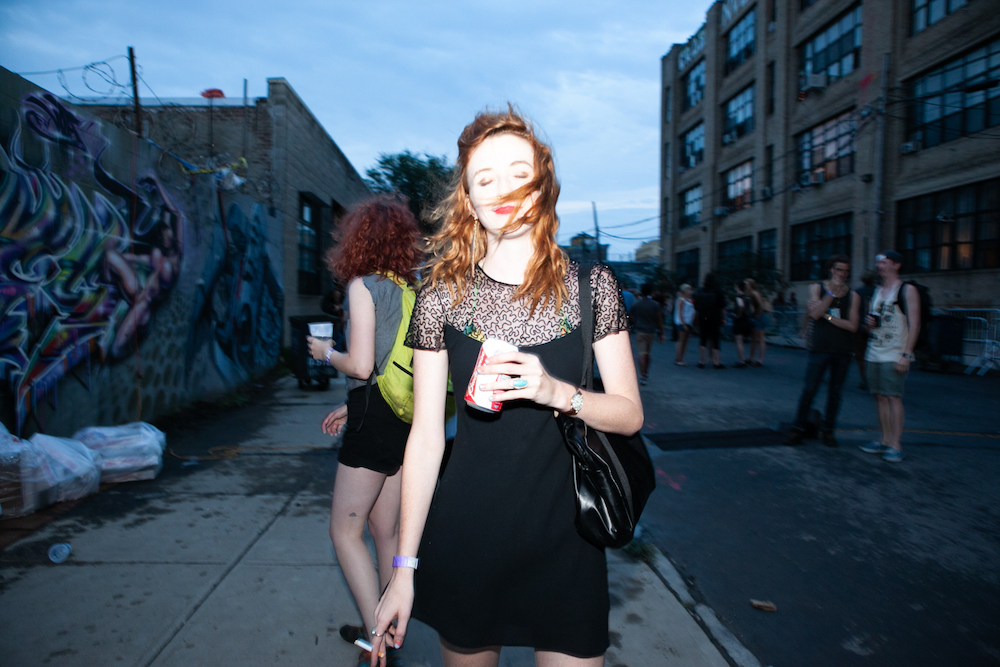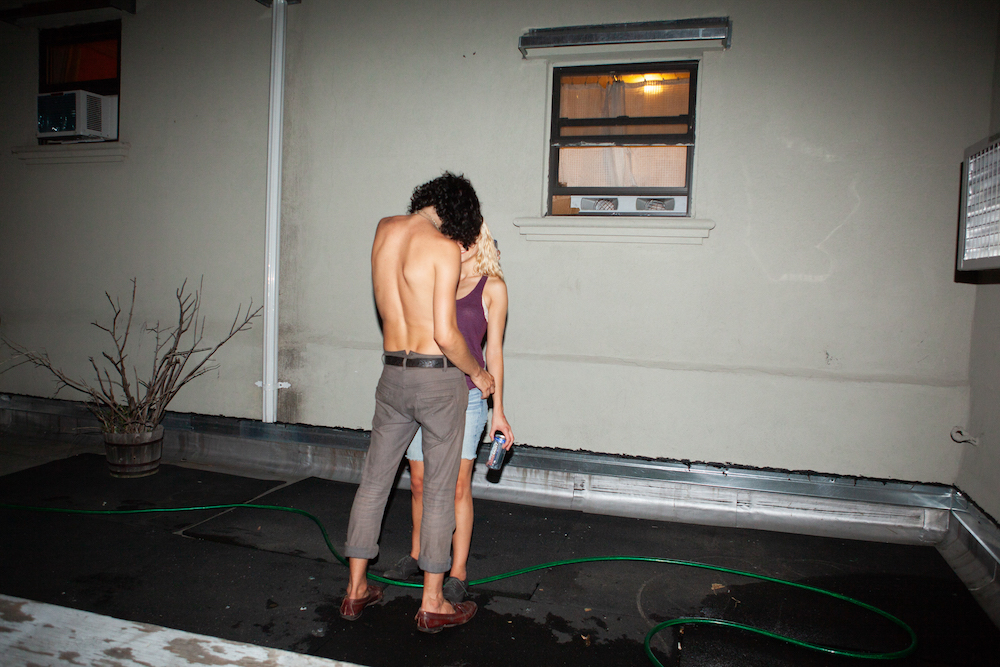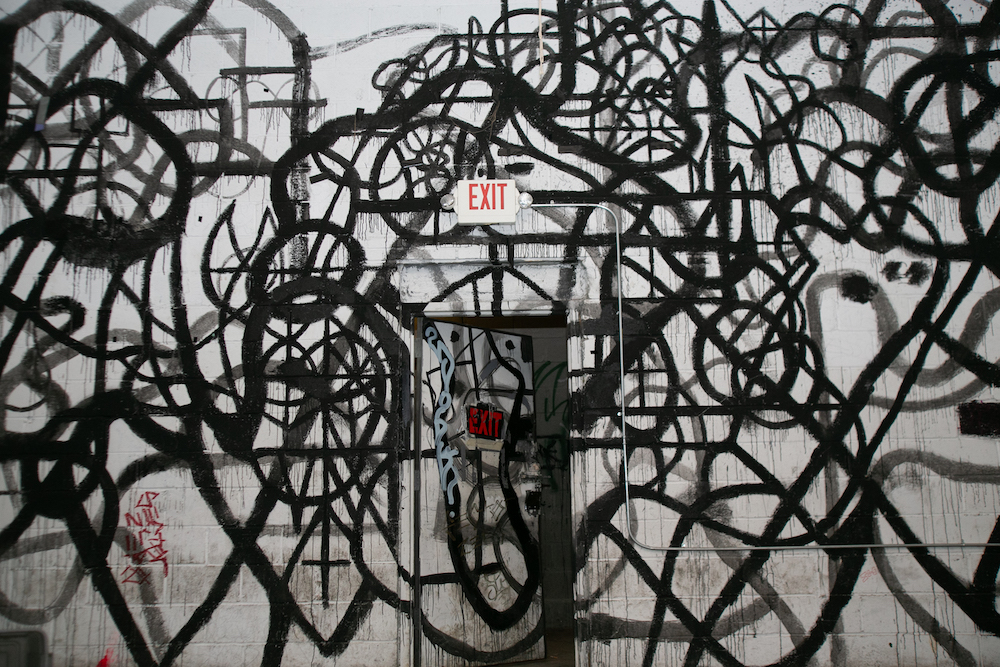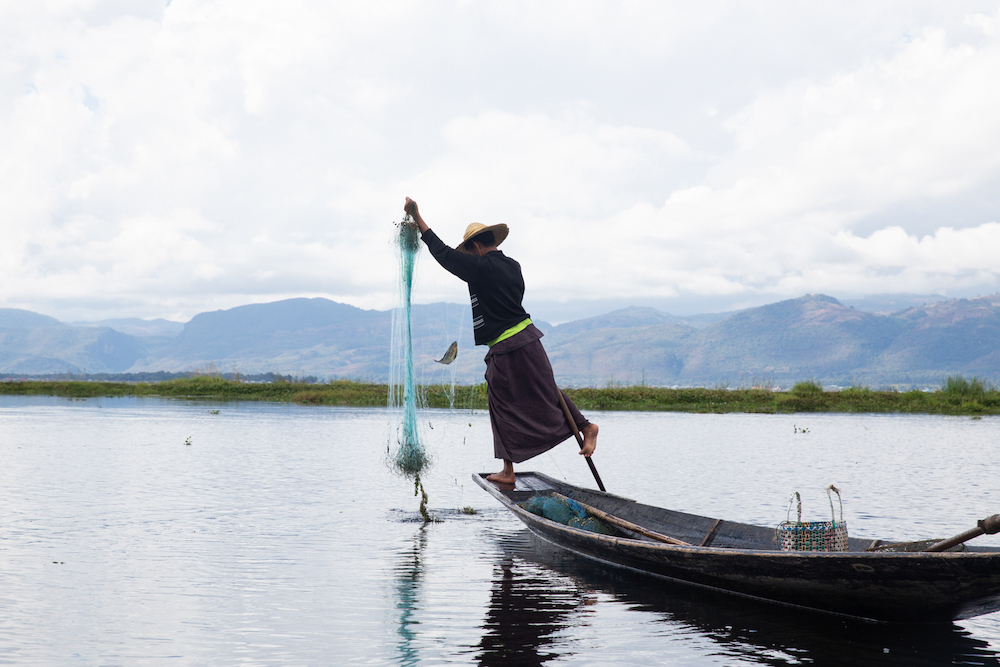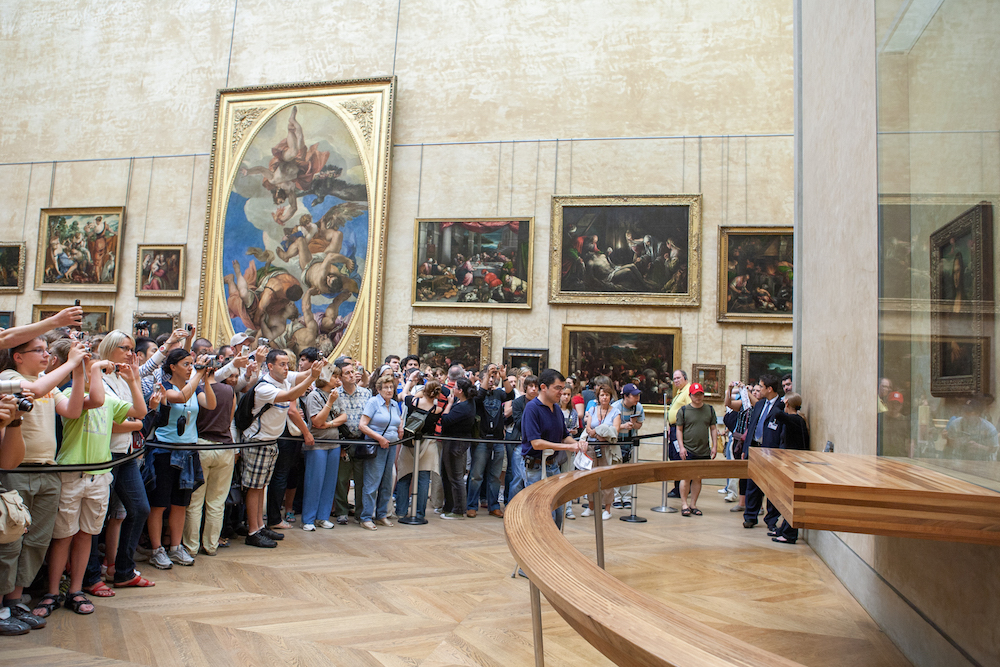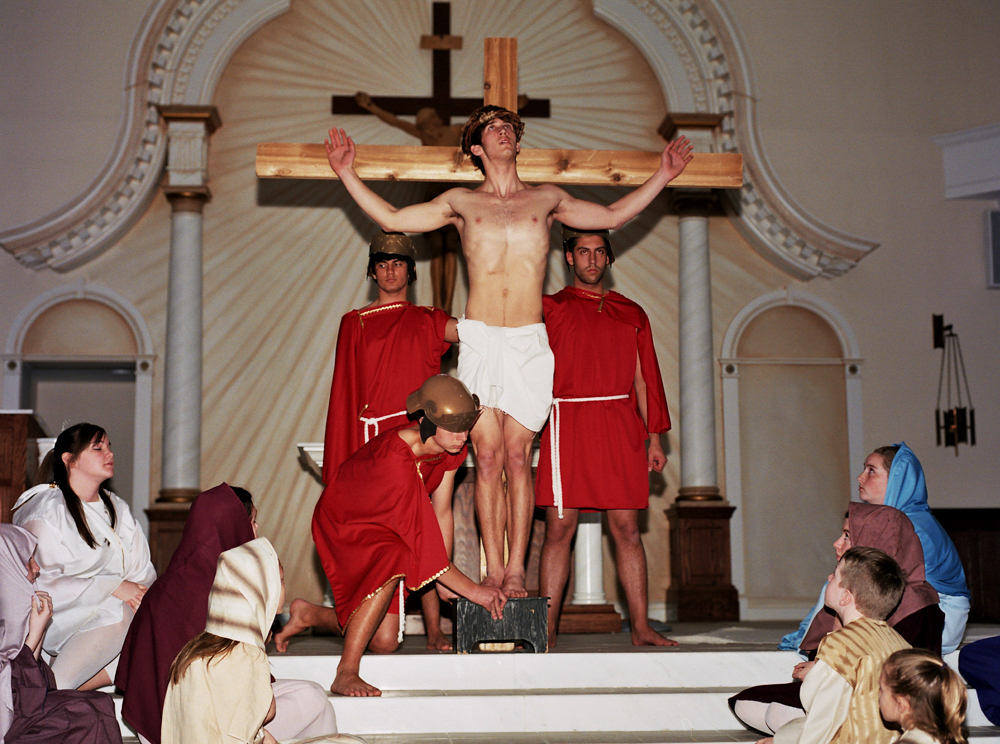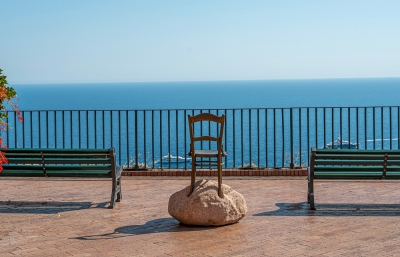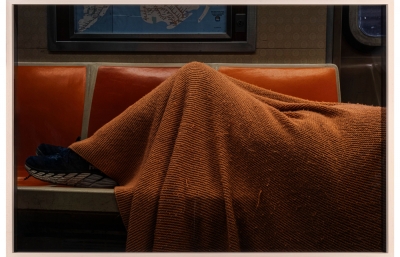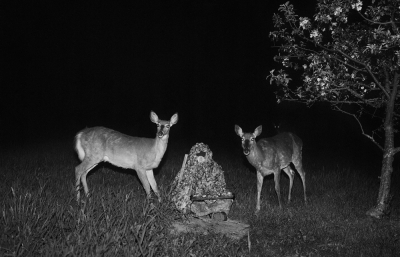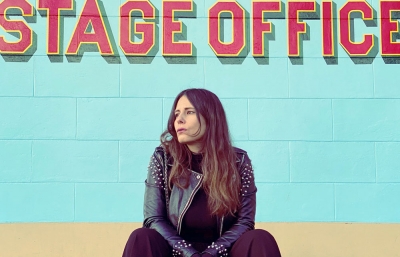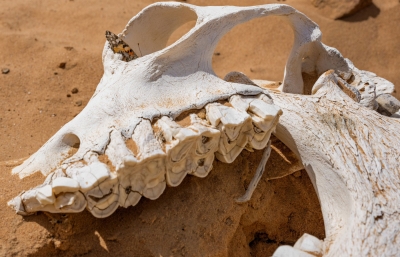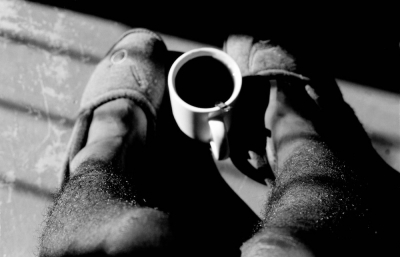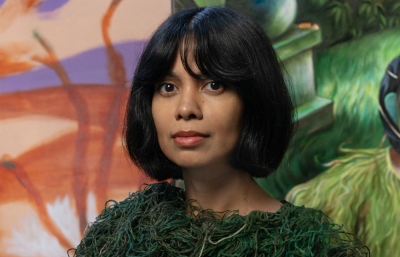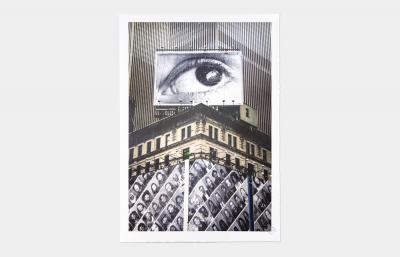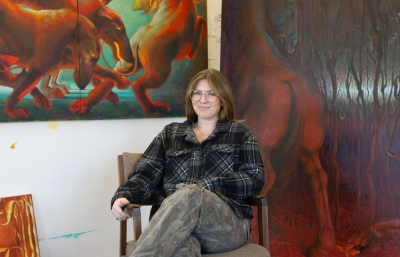What irony that the world was put on pause just after Juxtapoz attended a party paying joyful tribute to NYC’s legendary Studio 54 club. That NYC became the epicenter of the pandemic and the Brooklyn Museum’s Studio 54 retrospective postponed before it ever really opened perhaps even adds to the mystique of the club itself. What’s just as perverse is that the photographer on assignment for Juxtapoz that night has made a career shooting a particular nightlife scene in Brooklyn, capturing epic shows at House of Vans or underground performances at the types of places that have boosted the borough into artistic renaissance over the last 20 years. I had thought pairing Laura June Kirsch with Studio 54 was like a generational passing of the baton, and yet here we are, on cultural hiatus.
I wanted to talk to Kirsch as part of our Art In Uncertain Times series because of her extensive work in these prevailing cultural scenes, but also because much of her photography is about things placed in cold storage: emotional and physical connections, family, the freedom to have a night of debauchery, of lost youth, of holding onto your friends and having, literally, the time of your life. When we spoke, Kirsch had just finished a new website, so we had time for a good chat about her career and unique views on photographing the world around us.
Evan Pricco: Every interview I’ve done these last 5 weeks or so, I find myself asking, where are you, what’s going on around where you live?
Laura June Kirsch: Currently I live in Greenpoint, Brooklyn. This neighborhood is already pretty chill so the amount of people on the street isn’t THAT different than usual. Most have been obeying the rules—except runners. Runners are the bane of my existence right now! They dn’t distance six feet or wear masks—they come up from behind, sweating and huffing on you. It’s gross and inconsiderate.
My lovely town just got a nice write-up in the paper for being the most lax toward visiting tourists—not flattering—and it's basically because people want to bring their cameras and take photos of the empty city across the Bay. I asked you a few days ago if you were compelled to go out and shoot photos of “quiet NY” and I was in some ways surprised by your answer, but totally got it. What has been your impulse these days?
You know, when I was walking around the other day,I saw this guy who had his SLR out and was taking pictures of garbage gloves on the street. This alone made me not want to shoot. I know many people, probably men, are going to document this type of "important content." Shooting the silence of a crisis doesn’t interest me and the noise is really happening behind closed doors. Besides the depressing Handmaid’s Tale vibes at the grocery story, things on the streets do not catch my attention. To me, what is happening right now is at home and in the hospitals and businesses that are still open (in NYC—obviously other towns are a different story) is where the story lies.
I've been more inclined to document my own experience, the emotions I've been going through—life in isolation, alone. Isn't this more authentic than a "thought provoking photostory on pandemic garbage"? That stuff doesn't interest me, nor do I think it says much. One "creative release" I've been utilizing is making WAY more Instagram stories. I've been going on camera a lot more,and generally I only do this once in a blue moon. I try to make my friends laugh in this dark time, it's been cathartic for me.
Was the Brooklyn Museum “Studio 54” shoot for us your last assignment? I think that is the perfect encapsulation of the world we’ve left behind: nightlife, socializing, just the freedom to be out. In many ways the world that you have been capturing in Brooklyn for so many years parallels shooting at a Studio 54 show because both worlds document unrelenting youth and freedoms. Did you see the comparison, or am I off?
Yes, you know, things were already getting bad with Corona during the week of the party. Remember how kind of surprised you and I were that the event still happened. However, as a freelancer you can't really afford to turn down work even in a pandemic (and I really wanted to do it, my call!).
I kind of knew this party would be a last hoorah of sorts. My friends and I popped in a bar afterwards, and we all were nervously making jokes about how that would be the last time out for awhile (it was, literally the last time out). My friend Michelle asked me that night, "What is the modern Studio 54—something that famous?” I quickly replied ,"Coachella,” which of course, is very different; but for what it stands for in terms of the progressiveness in music, culture, and celebrity is very similar. The spirit of Studio 54’s fashionable hedonism has lived on in huge events like Coachella, which as we know attracts hundreds of thousands of people. Gathering together for a shared love of music is one of life’s greatest joys, I don’t even want to think about the possibility of that ending.
So Studio 54, this iconic venue and nightlife staple has been gone for years, and this retrospective beautifully celebrated it. And closed the day after the opening! The exhibit has now become as exclusive and "had to be there" as the actual Studio 54! The whole nightlife industry is completely uncertain in NYC right now. It's really sad—nightlife has been a huge part of my life. I spent my 20's photographing independent nightlife for The Village Voice. While all the Brooklyn venues, I loved so dearly, like were murdered by third wave gentrification in Williamsburg, Glasslands, 285 Kent, Cameo, Public Assembly, Death By Audio, and The Cov were murdered by third-wave gentrification, there has been a resurgence of incredible places in Bushwick and beyond, like Elsewhere, Bossa Nova Civic Club, Good Room, House of Yes, The Mirage, Public Records, Milagrosa and more. To think that this might be the nail in the coffin for all these incredible progressive spaces stabs me in my already broken heart. So the poetry of the Studio 54 reception being the final big NYC party indefinitely is not lost on me, at all. I'm hoping this isn't a bookend on the NY nightlife community as we know it.
There are so many directions we can go, from your career in music to shooting House of Vans, but take me back to young Laura June. When did you get your first camera and do you remember the things you liked to shoot?
My first camera was this little rectangular black plastic one that shot 3x5 film, a Christmas gift from my aunt at age 5. I started out of the gate, unsurprisingly, taking pictures of my family! They were kind of weird and funny.
Turning the camera onto your family became a whole series. I don't know your family, but this series really draws me in. It's intimate, funny, and candid. Reminds me a bit when Larry Sultan turned the camera onto his parents, but this was something you were doing before you had a career in photography. In some ways, you shoot what you can, what you know, because this was around you, but did you sort of get an idea this was becoming a series?
You pretty much nailed it with that sentiment. In art school, they said to shoot what you know, so of course, I turned to my family. Well wait, actually this series started as photographing old family photos on different backdrops. I think this got panned by my teachers, though I liked the work. It started with a fixation on my own family photos and history—my father is an obsessive and meticulous archivist and loves to pour over memories. When my teachers didn't like that project, I decided to make my own quirky family photos instead.
I also had done a photo series on couples called "pairs" in junior year, I think? I had shot my sister and brother in law a bunch for this and maybe some other couples in my family and liked how they came out, so that kick started it as well. I also knew just having this HUGE Irish Catholic family is not common. Our family is not the standard family, so large and kind of goofy and very close. It just seemed like good fodder. I mean, how many people have a non super religious cousin getting half naked and playing Jesus for his whole town just "for fun"?! This was, and still is, so funny to me.
And for the timeline, you went to art school and got a job at Sony Music, Is this where the music world begins to open up for you? And that era of music, mid-aughts, feels a bit like what art went through a few years later. The hustle with no social media was real. There was an energy, and if you wanted to be part of it, you had to earn and hustle, be present at your job and be really into it. It wasn’t passive.
Well, as a kid my dream career was to work in music, I wanted to be an agent or a manager. I loved music, was obsessed with it, would spend hours recording songs off the radio to tapes after school, like in kindergarten. Photography was always my passion and hobby, and despite taking it very seriously in high school and studying it in college, I didn't think a career in photography was a real option. To be honest, most of the jobs I shoot didn't exist back then! Social media really opened up a lot of opportunities for content creators.
For the hustle of the music business, I had my heart set on working in music as a child. I just decided that's what I wanted to do and I've never been shy about going after what I want in life. I also went to shows all the time and would network with any industry people and made sure to stay in touch with them. One thing I will say is that I am good at keeping in touch with people; my friendships are very important to me. So I would meet as many people in the business as I could and would try to learn as much as possible. Randy Nichols was a band manager I met when I was 16, and he lived in the town over. He was gracious about answering my questions and giving me advice. I used to stop by his office during lunch period in high school, just to see what he was doing. One summer I interned for him. If you’re specific about a career goal and are very serious/vocal about it people respond well even if you’re a teenager. When you know what you want in life things seem to fall in place more easily— I think most people who are stuck don't really know what they are looking for. I’ve pretty much made all my own opportunities by being unafraid to ask.
At 19, I took a summer internship at Columbia Records which was part of Sony Music, so this was 2004, the summer after my freshman year of college. I was working in a department I hated and was really bored. There were, like, 10 interns assigned to file one piece of paper. I would wander around and try to find interesting people to talk to, see if there were other departments that needed help.
On my rounds one day I ran into a guy who had posters for Modest Mouse, Franz Ferdinand and Fiona Apple, all these artists I liked (Sony Music also had Epic Records at this time, which all these artists were on, and this department worked both label projects). I started talking to him and he introduced me to his boss, Jay Schumer, whom I hit it off like a house on fire. He stole me as his intern and quickly created a part time job for me, and that’s how I ended up working at a label! This was 2004, not a great time for Columbia music-wise. The label was putting out a lot of terrible projects with cheesy artists, I didn’t anticipate meeting any like minded people there. He really gave me my first shot, I mean he was taking me into company marketing meetings, and I was 19 years old and knew nothing. I am incredibly lucky to have had Jay as my first boss. He truly is an anomaly in the major label world and still works at Columbia to this day. We also have remained close friends.
There comes a point when every documentarian, intentionally or not, starts to see that the culture they are part of is “happening” or has a story. When did this happen for you?
So things started to pick up for me with photography around 2009. I had been one of many photographers who shot CMJ that year, and after that a bunch of the female employees took jobs at The Village Voice. They liked my work and started hiring me to cover events for The Voice. I was living in Williamsburg at the time and deeply ingrained in the neighborhood music and nightlife scene. There were so many cool venues throwing shows and parties I wanted to photograph. Since I had a beat on this scene, The Village Voice pretty much allowed me to cover whatever I wanted. It was really great: 2008—2015 was a really fun time for music, my neighborhood was the epicenter in NYC, all the fun shows were happening in Williamsburg. It was a magical time.
After the economy crashed in 2008, there were a lot of opportunities for young people to get cheap rent and start a business. So many of the bars and venues were run by very young people during that time, and it was awesome. There was this great community of musicians, venue owners, event producers, music industry kids and artists just all pursuing their dream jobs and hanging out together all the time. It was almost like being in adult college. We all lived close to each other, went out pretty much every night and had fun all the time. There were so many shows and parties happening, it wouldn't be uncommon to go to three different events in a night. We all kind of knew we were catching a bit of magic and fully embraced it.
I want to hear more working with The Village Voice. I sometimes wonder if people with ambitions in photography and editorial understand the idea of pitching or getting assignments. What made you stand out?
You know, I didn't really understand how pitching worked before I started working in editorial. I always thought the editors came up with the assignments and approached you. I would always set up my shoots and take care of the logistics, I tried to make working with me as easy as possible for my editors and always had cool events in mind to cover. I think that being proactive is key in getting ahead in any field.
Upon learning that I was in control of pitching, the rest was easy for me, I had so many things I wanted to photograph and bring attention to. I was really excited to cover parties like Tiki Disco and venues such as Glasslands and 285 Kent, all these places where I already hung out were booking great shows. Williamsburg was a hotspot for music then, and I was involved in the community, it was pretty simple— I pitched the things that I liked and thought were cool. Since I was doing event coverage that consisted of photo slideshows, the pitch was a little bit more simple than doing a full story. Whenever I have pitched to publications for larger pieces with writing it's definitely a little more complicated. You have to be more creative with your angle.
What’s a really memorable assignment you could talk about? Either perfect or a complete shit show?
One of the most memorable shows I shot for The Village Voice was Stormzy's NYC debut at Market Hotel. Popgun had booked the show and it was bananas. The whole floor was shaking from all the kids jumping at once. I’ve never seen such an excited crowd at a smaller show before, and the energy was palpable, it was incredible. He is so great.
Another really exciting opportunity I had was shooting Kendrick Lamar playing a private underplay at Music Hall of Williamsburg. While I had been a longtime fan at this point and had seen him at smaller spaces earlier in his career, to have him play a show that small in 2016 was insane and to have photo access like that was crazy. He is just so great.
Oh man, in terms of shoots gone wrong the first cover story I did went really poorly. I was shooting The Village Voice cover on Michael Che in 2014. He'd just been hired to write on SNL, and this was his first cover story. The shoot went well but the art director at the time was some guy based in St. Louis for whatever reason. He has zero pulse on NYC and didn’t have the greatest taste to be frank. I had turned in a ton of images from the shoot (with Che’s publicist on copy to make sure it went smoothly). He came back with a couple of options for the cover that we were totally fine with. On release day I am so excited to pick a copy and was shocked at what I saw. At the last minute, the art director made a very weird, rogue change. He took a wide angle, b-roll shot and cropped super tight on Michael’s face. I couldn’t understand this decision, it looked horrible, and I cried. I still to this day have no idea why the art director did this when there were so many good options. It was one of the worst days of my career. 
Let’s move away from the worst days of your career to a key signature of your work: shooting the crowds. Why does this resonate with you? Have you always gravitated to that energy?
Always! I love photographing people in GA (general admission). I've rarely had assignments that are just live music, I'm generally hired for lifestyle and environment portraits. I love capturing the energy of people at the event, people having fun. People connecting.
This is evident in the shows and projects you have shot for Vans. You have a bunch of iconic shots from House of Vans, and have been shooting for HoV for years. How did this come about?
It was kind of a funny story how I ended up working with Vans. Their flagship space opened in Brooklyn in 2010 and I would often cover shows for The Village Voice there. In 2012, I had been at the opening show of their summer House Party series. FYF had co-produced those events. Their photographer had apparently had a few too many drinks and needed to be replaced. They had known me from shooting shows for MySpace and The Village Voice and asked if I would work on the rest of the events. After that I developed a relationship with the Vans staff and started working with them directly. It was really an opportunity brought on from always shooting and also being at the right place at the right time.
Your work is characterized by this sense of freedom, which we talked about in the Studio 54 question. There is this sense in both your commercial and personal work that “the party will never stop, my youth is forever.” Now, at least for the immediate future, we live in this very odd time where all this is on pause and perhaps changed forever. I know you were building your website as this was all going down, so did you get reflective looking through this bulk of work?
Oh man, the website building that was happening at this point was so far past the editing point, it was all stress. More having to teach yourself all this backend stuff that's very complicated, especially when you know nothing about it. When I started editing down all my work in 2018 I certainly got nostalgic. And tired, just by looking through it! We were living life 150 MPH all through my 20s, I have since slowed down.
I did get reflective on my birthday, I turned 35 on the second week of quarantine. Mid 30's are hard on women (I mean all of life is, let's be honest), there is a ton of pressure to be settled down and thinking about a family and all these other archaic societal pressures put on females. I thought about what it would be like to be a 20 something right now, locked up in a tiny apt with a bunch of roommates, unable to go out. Going out is why you live in NYC when you're young! It made me feel grateful that I took hard advantage of every experience I was offered when I could. I really had lived everyday like it was my last in my 20's.
Are there parts of shelter in place you are enjoying? Culturally that is?
You know, as a freelance photographer you spend a lot of time alone. It can be challenging sometimes. People often have office social ecosystems they are part of and kind of… forget about you. It’s often a very lonely career, so while I am not necessarily enjoying it, I am kind of used to being home alone a lot. The one positive is I do feel like people have been in contact more. Reaching out to each other, checking in. I’ve been inspired by people like Ryan Heffington, who hosts this incredible free dance class almost every day and radiates this strong positive energy. It’s really beautiful, and he is truly healing thousands right now. There are a few glimmers of light in this incredibly dark and uncertain time.
Laura June Kirsch shot the portraits of Ana Benaroya and Marcus Brutus in the Spring 2020 issue. See more of her work at https://laurajunekirsch.com

